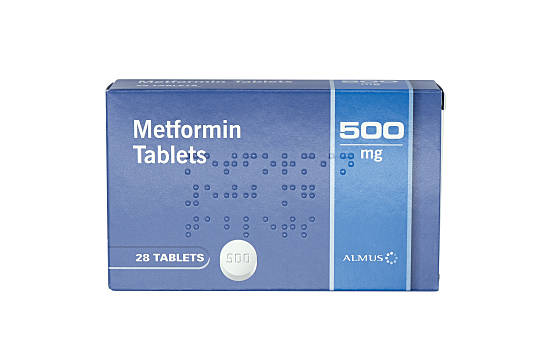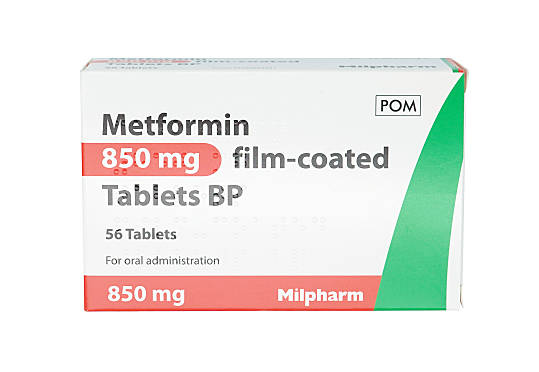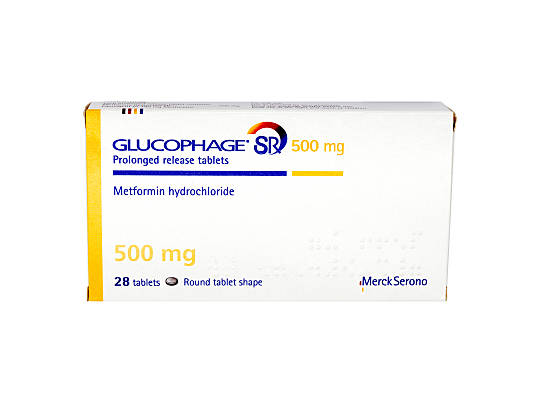Type 2 Diabetes Diet

Medically reviewed by
Dr Nicholas AntonakopoulosLast reviewed: 25 Mar 2019
The best foods to eat for Type 2 Diabetes

If you have recently been diagnosed with Type 2 Diabetes, you may feel unsure about what this means for you and your diet. Or if you’ve had diabetes for longer you probably want to make sure you’re on the right track.
A good combination of a healthy diet and regular exercise will go a long way in helping you manage your blood sugar level, control your weight, and generally make you feel better.
What is Type 2 Diabetes?
Type 2 Diabetes is a condition that causes the level of glucose (sugar) in your blood to be higher than normal. It’s caused by problems with a hormone in your body called insulin. A simple diabetes test can help you find out if your blood glucose levels have been higher than they should be.
People that are overweight, less active, or have a family history of the condition, are more likely to have Type 2 Diabetes.
Type 2 Diabetes increases your risk of having problems with your eyes, nerves, blood vessels, and heart. But, it can be managed well if you start treatment and make healthy lifestyle changes with diet and exercise plans.
Recommended food for Type 2 Diabetes
Generally, the food we eat can be divided into macronutrients and micronutrients. Macronutrients include food groups like carbohydrates, proteins, and fat. Micronutrients are vitamins and minerals your body needs to function properly.
Each type of macronutrient can affect your weight and blood glucose levels in different ways.
For example, eating a high carbohydrate diet will increase your blood glucose levels quicker than a high protein diet. Eating a high fat diet can more easily increase your weight over time too.
A good diet plan for people with Type 2 Diabetes should have more vegetables, less simple carbohydrates like white rice and bread, more proteins like legumes and lean meat, and less ‘bad’ fats found in fast foods, fatty meat products, and oils with high amounts of saturated fats (e.g. palm oil).
Glycemic index and carbohydrates
Glycemic index is a word that means the effect food has on the amount of glucose in your blood after a meal. So, it rates how fast your blood sugar levels rise about 2 hours after a meal. Different types of food are ranked on a scale of 0 to 100, with 100 meaning the rise in blood sugar that happens after you eat pure glucose.
For people with diabetes, foods with a low glycemic index are recommended because they cause a smaller rise in blood sugar levels compared to foods with a high glycemic index.
In general, a high carbohydrate meal will have a high glycemic index because they break down into glucose more quickly. Meals high in protein and fibre have a lower glycemic index, and are generally recommended for people with diabetes.
Different carbohydrates will also have a different glycemic index. Carbohydrates with a higher glycemic index are white bread, white potatoes, breakfast cereals, and pastries (cookies, cakes, and biscuits).
Some examples of carbohydrates with a low glycemic index include whole grains (quinoa, brown rice), whole wheat bread, oatmeal, sweet potatoes, and foods containing a good amount of fibre.
Fats recommended for diabetes
Fats in general don’t cause spikes in blood sugar as much as carbohydrates do. But, the ‘bad’ fats can increase your cholesterol levels, which can increase your risk of having heart problems. This is because bad fats contain more saturated and trans fat, which aren’t good for your blood vessels and heart.
The ‘good’ fats contain healthier monounsaturated and polyunsaturated fats, which help to reduce the amount of bad cholesterol in your body.
So, people with diabetes are advised to add more of the ‘good’ fats to their diet plan and avoid the ‘bad’ fats.
Foods that contain a lot of bad fats are fast food, fatty meat, processed food, fried foods, palm oil, and full-fat dairy products.
You should add good fat food options like avocados, nuts, chia seeds, olive oil, and fish like salmon and sardines to your diet plan.
Which types of protein are recommended?
A healthy diet should have a good portion of proteins as they make you feel fuller for longer and help you with weight loss, in addition to their nutritional benefits.
People with diabetes are advised to eat protein-rich foods with low saturated fats (lean meat) and plant based proteins.
But, you should avoid getting protein from processed food and packaged foods because they usually have added sugars and a high amount of salt, which can raise your blood pressure and increase your risk of heart disease.
Some healthy protein sources are legumes, beans, skinless turkey and chicken, tuna, eggs, almonds, and walnuts.
Recommended diet for diabetes
A good diabetes diet involves eating the healthiest foods in moderate amounts, and keeping to regular mealtimes.
Your doctor will probably suggest that you to see a dietician to help you with a healthy meal plan. The overall goal is to help you control your blood glucose levels, manage your weight, and control heart disease risk factors, like high cholesterol and high blood pressure.
In general, research has shown that a healthy diabetes meal plan should involve a lot of vegetables, carbohydrates with low glycemic index, high fibre foods and proteins, and less processed foods and fatty meat.
Which foods should be avoided by Type 2 Diabetes
If you’ve been diagnosed with Type 2 Diabetes, you should aim to avoid the following foods in your diet plan:
- Soft drinks: both sugar-sweetened regular soft drinks and diet soft drinks
- Refined sugars (donuts, pastries, cakes, cookies, scones, and sweets)
- Processed carbs (white bread, pasta, and chips)
- Trans fats (anything with the word hydrogenated on the label), like butter ‘spreads’, some mayonnaise ‘spreads’, some salad dressings, packaged sauces, and baked goods
- High-fat animal products (red meat, fatty cuts of pork, bacon, or sausage)
- High-fat dairy products (whole milk, cream, cheese, or ice cream)
- High-fructose corn syrup
- Artificial sweeteners (in processed foods labeled "diet")
- Highly processed foods (sweets, chips, popcorn, or cookies)

from £19.99

from £24.99

from £34.99

No results found.
Please check your spelling or try another treatment name.

Dr Nicholas Antonakopoulos graduated from the University of London in 2006. He did his postgraduate training in hospitals in the London area, and he trained for four years in Trauma and Orthopaedic Surgery before completing his training in General practice in 2015.
Meet our doctorsLast reviewed: 25 Mar 2019
-
Diabetes UK (2019). I have diabetes - what can I eat? [online] Available at: https://www.diabetes.org.uk/guide-to-diabetes/enjoy-food/eating-with-diabetes/i-have-type-2-diabetes [accessed 15th March 2019].
-
Mayo Clinic (2019). Diabetes diet. [online] Available at: https://www.mayoclinic.org/diseases-conditions/diabetes/in-depth/diabetes-diet/art-20044295 [accessed 15th March 2019].
-
Mohammad, A. (2014). The prevention and control the type-2 diabetes by changing lifestyle and dietary pattern. J Educ Health Promot; 3: 1. [online] Available at: https://pubmed.ncbi.nlm.nih.gov/24741641/. [accessed 13th May 2021]
-
National Health Service (2019). Food and keeping active. [online] Available at: https://www.nhs.uk/conditions/type-2-diabetes/food-and-keeping-active/ [accessed 15th March 2019].








